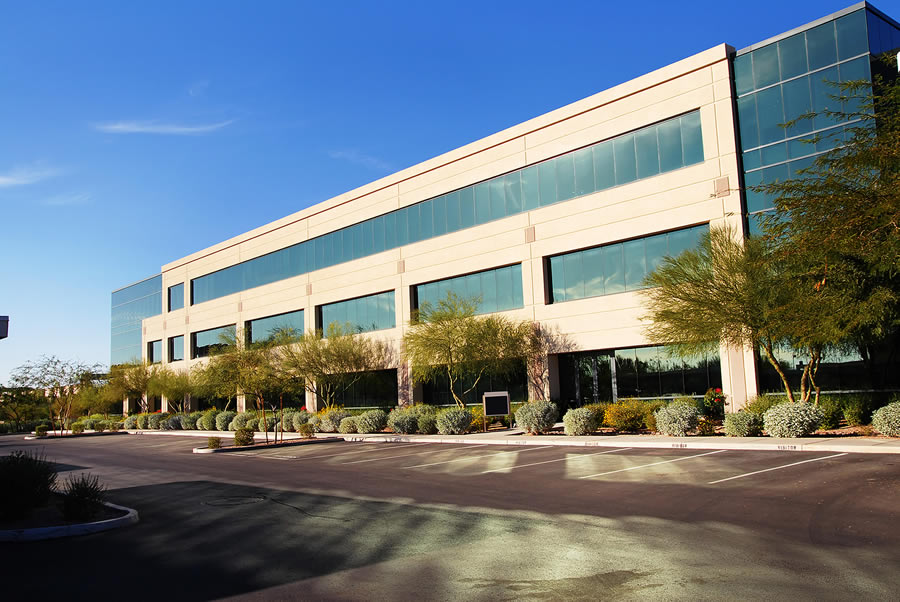
If you are a franchise owner and considering growing through acquisition or thinking about selling, you have come to the right place. I have a working knowledge of the Distributed Ownership Model (Concept <->Business Enterprise <->Real Property) to make your transactions the most profitable and cost effective. Extensive experience with companies like Arby's Restaurant Group writing business valuation proposals for Executive Steering Committee members is the foundation from which I entered this area.
To elaborate, there are 3 primary asset classes in the Franchise Industry (concept, business enterprise, and real estate). Each can have their own investor (s) or a company may choose to own 2 or all 3. Typically, however, you will have a Franchisor, Franchisee, and Landlord.
There are 2 components to valuing a franchise. In this example, let’s say were looking at a restaurant.
Note: Business Value can be further examined by looking at historical P&L’s in the economic analysis and using a Build-Up Method to determine capitalization rate or multiple of EBITDA. These factors are inherent in the Income Method of Valuation and build upon market equity rates of return w/ premium for things like company size and risk. The Build-Up Method can also be used to calculate the appropriate discount rate when using Discounted Cash Flow as opposed to capitalized income/EBITDA. The income methods can also be supported by the Market Approach which compares multiples of recent transactions.

Divorce is often one of the most emotionally and financially complex events in a person’s life. When one or both spouses own a business, the process becomes even more complicated. Accurately valuing that business is essential for a fair and equitable divi
Read More
As a business owner, you know that understanding the true value of your company can be one of the most crucial steps in making smart decisions for the future.
Read More
Not many people enter into a divorce negotiation expecting things to go smoothly. But with careful planning and an understanding of the business value at stake, you can give yourself the best chance for a favorable outcome.
Read More